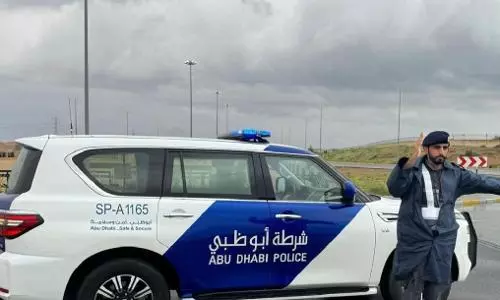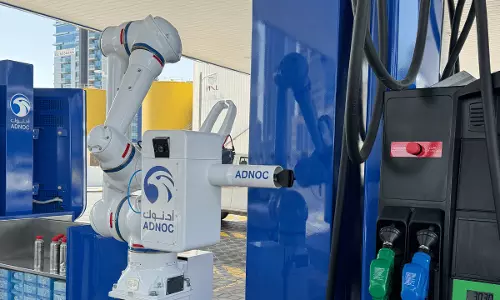
When juveniles become victims
text_fieldsThe acquittal of accused in the case of two girls' death in Walayar following sexual abuse in mysterious circumstances, has become a topic of heated political furor in Kerala. The general feeling is that it was the grossly irresponsible approach of police and prosecution that gave the culprits the loophole to escape punishment.
In Walayar, there was also the curious spectacle of the chairman of Child Welfare Committtee, a nominee of the ruling party CPM, also doubling as the lawyer for the defence case in the court. And there are several signs of the ruling party and government machinery working diligently in favour of the accused, as accused by the Opposition. However, one positive outcome of the Walayar case is that debates about sexual abuses against children have come to take centre spot.
It is when the Walayar case is thus burning, that shocking statistics comes from Delhi: as per the figures released by the National Crime Records Bureau the other day, out of the cases registered against sexual assaults on children in 2017, 57 per cent were not charged under POCSO (Protection of Children against Sexual Offences). During that year, 17,557 offences of that nature were registered, of which only 7,498 cases were charged under POCSO. In the remaining 10,059 cases only IPC Sec 376 was invoked. It was specifically to put an end to sexual offfences against children that POCSO was put into effect with special provision to address similar crimes. But the figures show that our law and order machinery has miserably failed in enforcing them as envisaged.
India is the country with the largest child population in the world. As a signatory to the Convention on Child Rights of UN, we are bound to enact and enforce laws in accordance with international norms regarding protection of children. And it was in consideration of such obligations too that a legislation like POCSO was introduced. But the fact that crimes againt children do not come down even after the law coming into effect, attracts our serious attention. Together with a laxity in law enforcement, there is also the factor of internal failings of our society.
The number of assaults is many times the number of cases registered under POCSO – a fact easily gleaned from a talk with voluntary groups, counsellors and those who work in that domain. Sexual offences committed inside homes often go unreported too. The culprits in them are mostly blood relatives or members of the family. When such incidents become cases of crime, families involved get afraid of shattering two families and of their future going to ruin, and as a result they get vigilant to avoid the matter becoming court case. Even attacks that go to court become known only after long periods of torture. All tell us that the matter is complex and cannot be solved by mere legislation and conduct of cases based on that. The deeper we get into the crux of the matter, the more shocking the facts of the cases. Such incidents are also reminders about the imperatives of sexual discipline and maintaining healthy borderlines in male-female relations.
The decision by Kerala government on 5 November to form a committee headed by the Chief Secretary to monitor cases of sexual assault against children is a welcome move in this direction. The committee comprises secretaries of ministries of home, education, health, social justice, law and scheduled caste/tribes. The main task of the committee is to strengthen the conduct of POCSO cases. Action items like identifying households comprising only mother and girls and special protection to them, counselling for children in all schools, training and awareness creation for counsellors, strict action against sale of alcoholic substances near schools and above all having POCSO courts, came up before the first meeting of the committee and positive decisions have been taken on them. It is true that POCSO cases charged will be handled properly and the accused found guilty will be handed maximum punishment. But even after all the accused are sentenced to the maximum punishment, there will not be any mitigation of the trauma inflicted on the victimised child. The scars of the crime will remain on him/her for the rest of his/her life. That underlines the prime need for saving our children from such assaults before they happen. And that cannot be achieved by the government alone. Onus of that falls partly on religious, social and political bodies as well.

















